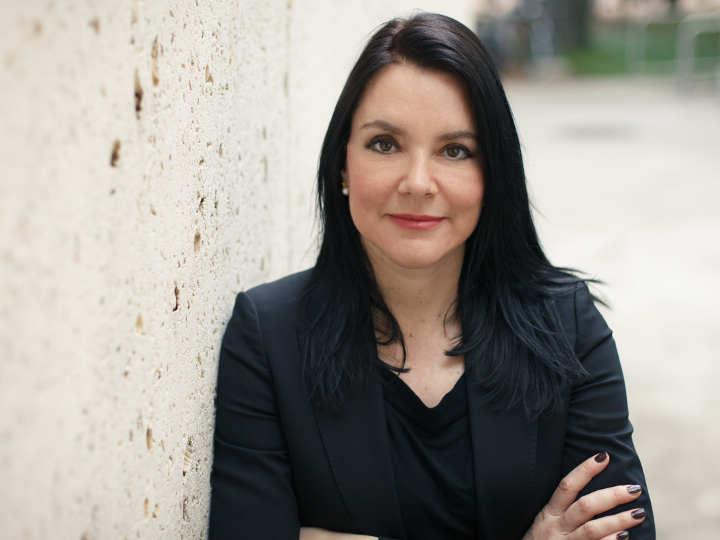Mar 10 2020
Plastics are user-friendly, versatile, and highly economical to such an extent that the earth is flooded with plastic waste. This makes them a victim of their own success.
 Eva Harth, director of the Welch-UH Center for Excellence in Polymer Chemistry, said the new method addresses a long-standing need for industrial plastics producers, without requiring a new catalyst or expensive additives. Image Credit: University of Houston.
Eva Harth, director of the Welch-UH Center for Excellence in Polymer Chemistry, said the new method addresses a long-standing need for industrial plastics producers, without requiring a new catalyst or expensive additives. Image Credit: University of Houston.
Currently, scientists from the University of Houston (UH) have a new way of producing polyolefins that are structured to tackle one of the biggest stumbling blocks in the recycling of plastics. Polyolefins are the most common building block of plastics and are made from hydrocarbons.
The new process would also make it possible to produce plastics from various natural substances, including food oils.
According to Eva Harth, the director of the Welch-UH Center for Excellence in Polymer Chemistry, the process deals with a long-standing requirement of industrial plastics producers without needing costly additives or a new catalyst. “It’s a very simple process,” she stated.
Harth is also the corresponding author of the study that describes the latest discovery, which has been published in Angewandte Chemie, a German journal.
The study’s co-authors include Glen R. Jones, the co-corresponding author and post-doctoral researcher from the Welch-UH Center, and Hatice E. Basburg Alhan, the first author and a graduate student at the University of Houston.
Polyolefins, and its derivatives like polypropylene and polyethylene, are utilized for everything, right from industrial pipes to grocery bags.
The plastics’ qualities, flexibility versus rigidity, for example, are partly determined through a chemical process called branching. According to Jones, the highly branched polyolefins are utilized in products that need flexibility or softness, like grocery bags, whereas low branching is used to create rigid plastics.
Conventionally, different types of catalysts were needed to trigger varying levels of branching, stated Harth, implying that only one type of plastic can be created at a time.
You have to be specific about what material you are after, what type of branching you need.
Eva Harth, Professor and Director, Welch-UH Center for Excellence in Polymer Chemistry, University of Houston
The novel technique makes it possible to modulate branching through a palladium catalyst with differing amounts of added aluminum chloride, which acted as a Lewis acid. Aluminum chloride is a low-cost and abundantly available substance that can be introduced at different points of the process, enabling the ensuing polyolefin to contain varying branching properties.
Plastics producers face two increasing problems that can potentially be addressed by the new process: how to discard plastic waste in an eco-friendly manner, and how to decrease the use of natural gas and oil by the utilization of food oils and other types of natural substances as substitutes.
Present-day polymers utilized in daily materials, for example, toys, milk jugs, grocery bags, and medical equipment, will not mix readily when they are melted down for chemical recycling purposes.
These new polymers could sit at the boundary.
Glen R. Jones, Post-Doctoral Researcher, Welch-UH Center, University of Houston
This enables plastics with dissimilar properties to be recycled more easily. The process can be applied to a range of molecules to create a polymer, stated Harth, implying that the concept offers a new platform to create plastics.
That platform may lend itself to creating a wide range of functional plastics from various molecular sources, including natural oils. “This has exciting sustainability possibilities for the industry,” Harth further added.